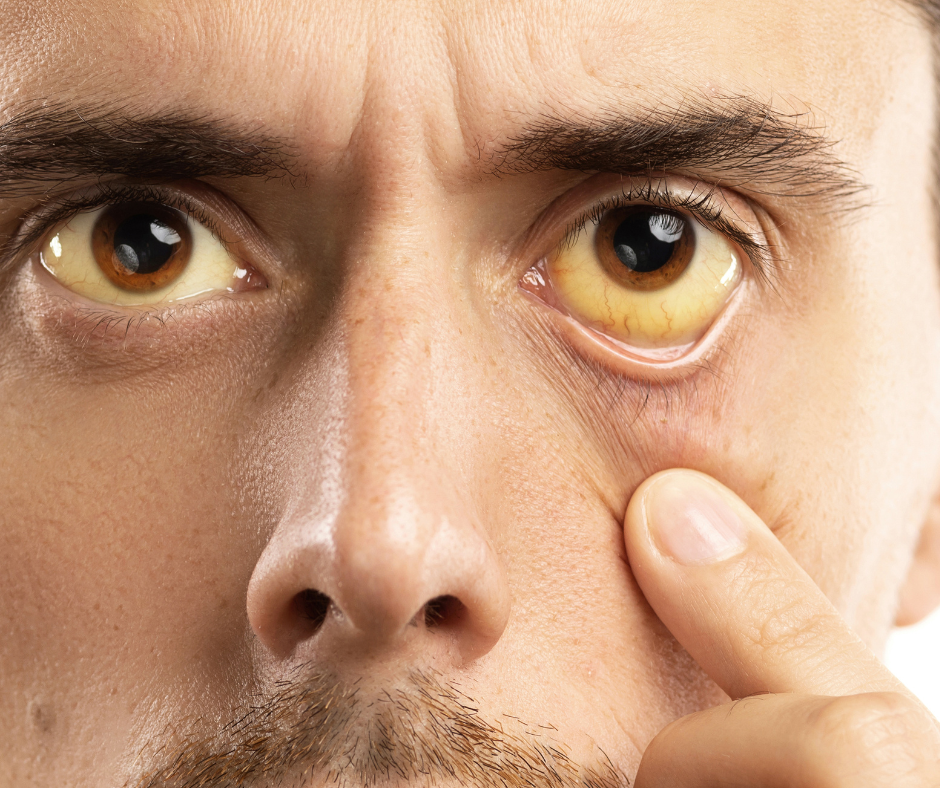What is Jaundice ?
Jaundice, medically termed icterus, is a condition characterized by yellowing of the skin and eyes due to elevated levels of bilirubin in the blood. Bilirubin is a yellow pigment produced during the breakdown of red blood cells. When the liver cannot process bilirubin efficiently, it accumulates in the bloodstream, leading to jaundice.
There are several causes of jaundice, including liver diseases such as hepatitis, cirrhosis, and liver cancer. Other causes may include hemolytic anemia, where red blood cells are destroyed faster than they are produced, and obstruction of bile ducts due to gallstones or tumors.
Symptoms of jaundice may include yellowing of the skin and whites of the eyes, dark urine, pale stools, fatigue, abdominal pain, nausea, and vomiting. Treatment depends on the underlying cause. For example, viral hepatitis may require antiviral medications, while bile duct obstruction may necessitate surgery.
In mild cases, jaundice may resolve on its own without treatment. However, severe or prolonged jaundice can indicate a serious underlying condition that requires medical attention. Early detection and appropriate treatment are crucial for managing jaundice and preventing complications.
Symptoms of Jaundice:
- Eyes appear yellow or cloudy.
- Your poop/urine is black or cloudy.
- Not being hungry.
- Abdominal pain.
- Frequent vomiting.
- Sleeplessness.

Treatment of Jaundice: (For jaundice, Ayurveda treatment works best.)
Bhumimalaki: It is known for its hepatoprotective properties, it helps detoxify the liver and promotes bile flow.
Kutki: It acts as a liver tonic and helps in regeneration of liver cells.
A combination of three fruits: Amalaki, Bibithaki, and Haritaki, helps in tripartite detoxification and improves liver function.
Puranava: Diuretic properties that help flush out toxins from the body.
and other elements etc.

Contact – 8327745950 / 9438775342
Email – info@vedaraj.com
